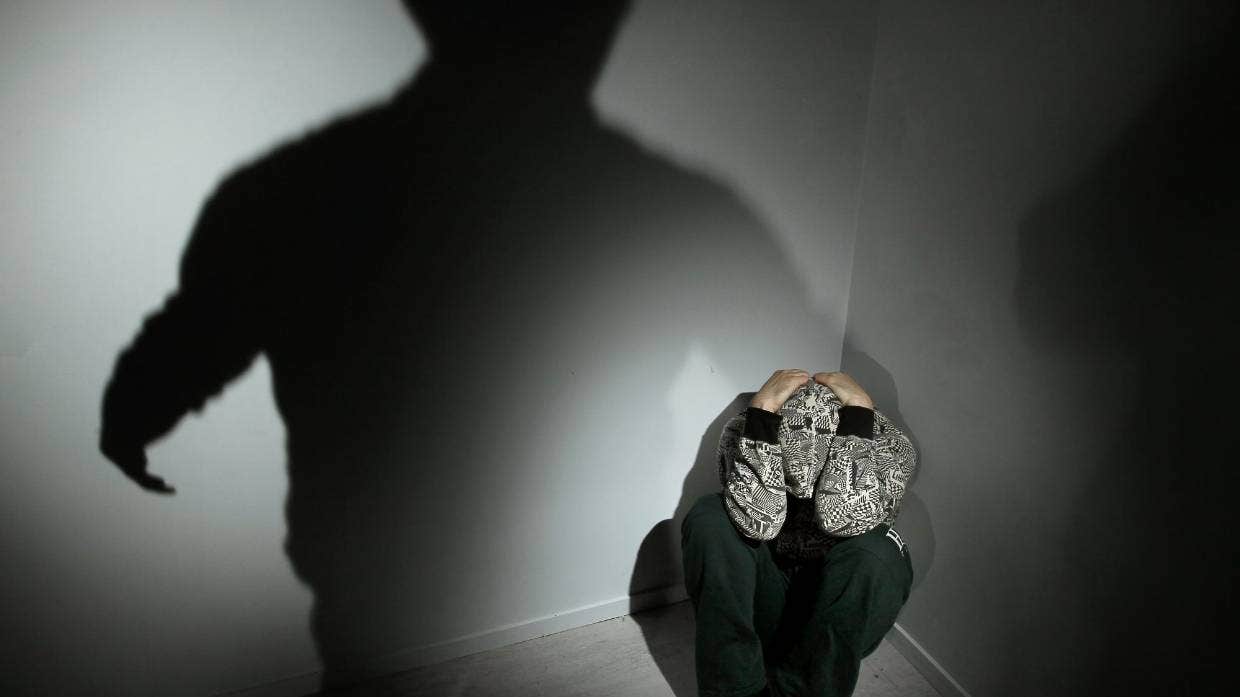“Sexual abuse happens in all ages, we are just not seeing it.” Onyango Otieno, Trauma Coach.
This is the story of Onyango Otieno who grew up in an abusive family, feeling abandoned in Huruma Estate, Nairobi.
Onyango, who appeared on Family TV weekly program Man-Up on Monday at 8:30 pm on the topic: Man’s Psyche: Sexual Abuse and Trauma, experienced physical abuse at the age of 10 from his own father after accusing him of taking his book. His father violently assaulted him with a copper wire, lash after lash, he admitted to stealing a book he hadn’t seen to stop the pain. What happened next is what changed his childhood. His Father stripped him off his clothes, tied his hands with a sisal rope, poured kerosene in his hands, struck off the matchstick, and burned him – a scar that has lived with Onyango to date.
That scar, opened the door for depression, and trauma!
As if that was not enough, and as the physical injuries healed he got raped by the house manager. It was his first sexual experience.
“That experience messed me up on top of the childhood trauma I already had. It has taken me 10 years to talk about it.’’ He said.
Broken and violated, Onyango struggled with anxiety, he was hurt at a place where he did not have the language to express what he was going through.
“Most men didn’t believe I was raped. Sexual abuse does not exist in isolation and it confuses men’s identity. Men are suffering in silence and it is high time we created a safe space to help men humanize themselves.”
Now a survivor of rape, physical abuse, and overcomer of depression, Onyango not only had to come to terms with the violent acts he was subjected to, but also learn how to live with the stigma of being a male rape survivor.
“As a society, our limited view of rape is very physical it has to have violence because how we understand it, it is men who mostly instigate it. We have not opened up the conversation around sex, violence, and sexual violence, which we have to keep unpacking so that men are also not left out of the conversation when they are the victims.” He says.
African culture and gender norms do not help ease the trauma for men either. Harmful gender stereotypes around masculinity prevent men from discussing these issues or reaching out for help. Sexual abuse against the boy child has become uncomfortable conversation…it is a taboo hidden under the carpet.
“Statically majority of crime is committed by men and this place men at a disadvantaged position. There is stigma and shame when men report cases of abuse. Men go into depression and the suicide rate goes up. Even if we speak who will believe?” Ernest Wamboye
Ernest Wamboye who is the founder of The Relationship Centre and an author at Pen Strokes, appeared on the program alongside Onyango Otieno. He was introduced to pornography while in high school, he says, “The shame that what you are going through will scar you for life…that mental strain to men is so big no wonder two-thirds of suicide cases and depression cases are by men. There is a need to encourage men to speak out.’’
There is a place where men have been put that if these things happen to you then it’s wrong to speak about it and yet they traumatize us. If the relationships you witnessed and experienced while growing up were complicated and painful, you bet you are going to have trouble feeling close and safe with others.
Ernest says, “Choose your deliverance over your dignity. Confess and come forward to be helped.”
Pastor James Okumu the host of the program reiterated by saying, “If you need help reach out so that you can find help. There is healing and restoration.”
In his account, Onyango has found peace. However, he is cognizant of the fact that, society may not be ready for sexual abuse and violence against men’s stories right now, but it is the stories of the survivors like his, that will make society ready.
If you missed the episode, here it is:







